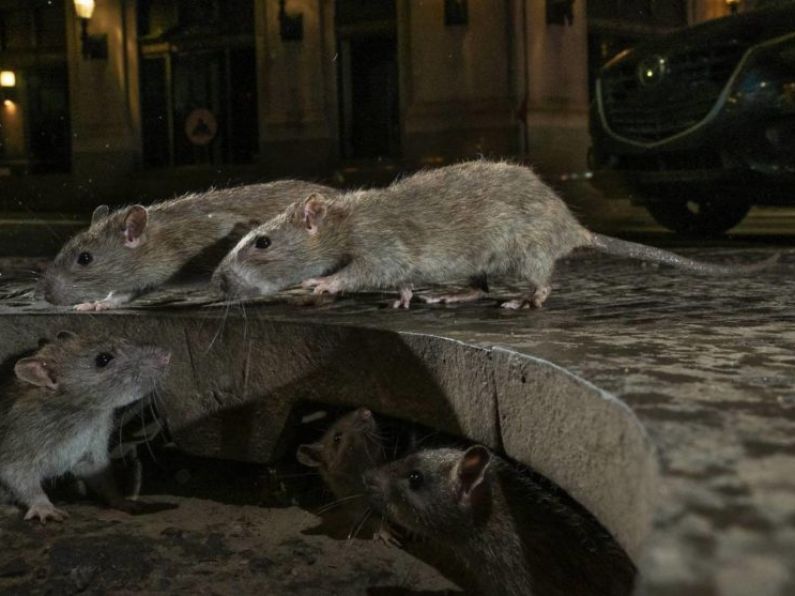More than 4,200 households and businesses in Dublin city and county have sought help in dealing with the growing problem of rodents in the capital in the first eight months of the year.
Figures provided by the HSE show that pest control officers have visited on average 70 premises each day in Dublin so far in 2020 in relation to rodent infestations.
A total of 4,292 calls for assistance in dealing with the rodents were received between January and August, which resulted in almost 17,200 visits to properties by HSE staff.
However, unlike in previous years when a significant majority of reports of rodent infestations were located on the city’s northside, there is effectively a 50-50 split this year with 2,155 reports from homes and businesses on the northside and 2,137 from the southside.
The latest figures suggest 2020 is on target to exceed the 22,607 visits recorded by pest control officials in Dublin last year.
A HSE spokesperson said that a request from an individual household always involves more than one visit before a situation is resolved.
Official figures indicate pest control officers carry out an average of four visits to each location where rodents are reported.
A HSE spokesperson said staff conducted an initial visit followed by treatment and a follow-up to see if bait had been taken before carrying out a final visit.
The spokesperson said pest control officers undertake a full survey of every property when a request for help is received to determine the most appropriate manner of treatment and to ensure the laying of poison would not have any adverse impacts.
“Poison laid in bait trays or boxed is the preferred method as they can treat a greater number of rodents per treatment,” the spokesperson added.
The HSE pointed out its pest control officers were professionally trained and were authorised to use poisons not available to members of the public.
Under regulation governing the use of pesticides, treatments are reviewed after 35 days and changed or discontinued depending on the outcome of the assessment.
Advice is also offered to the occupier about further rodent proof measures they can take to their properties to prevent rodent infestations.
Dublin City Council admitted in June that there was a large increase in the number of rats leaving the sewers to roam around city streets and suburbs as the activities of pest control teams were curtailed by restrictions introduced in response to the Covid-19 pandemic.
Former Sinn Féin councillor, Críona Ní Dhálaigh, described during the summer how rats spotted in the Oliver Bond Flats were big enough “to put a saddle on”.
The council blamed the growth in the city’s rat population on a combination of warm weather, fewer pedestrians and increased illegal dumping.
Its Pest Control Task Group reported a 15% increase in domestic waste levels during the lockdown which was allied to an increase in the illegal dumping of waste beside public bins on pavements and was a big contributory factor in the rise in rodent activity.
South Dublin County Council said its environmental health service had received an increase in rodent complaints between March and June which largely related to domestic rear gardens, public parks and roadways.
A council spokesperson said the problem had been exacerbated by the lockdown during the Covid-19 pandemic.
“One factor is that people were mostly housebound from March until June and spent more time in their gardens and public parks and witnessed more rodent activity,” the spokesperson said.
Local authorities in Dublin also claim the closure of most food outlets and pubs and the resulting reduction in both solid and liquid waste into sewers and waste bins had forced rodents out into more public places.
“Most rodent activity can be traced back to break outs by rats from sewers,” the spokesperson added.
Irish Water has assumed responsibility for sewer baiting for rats across the entire main drainage network.
The spokesperson said persistent poisoning was a crucial factor in controlling the rat population underground.






